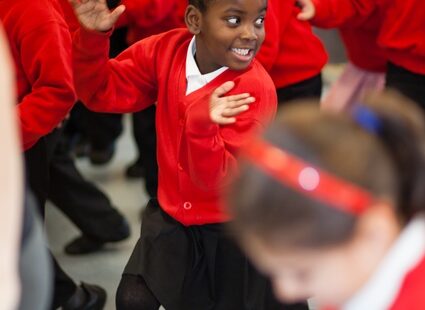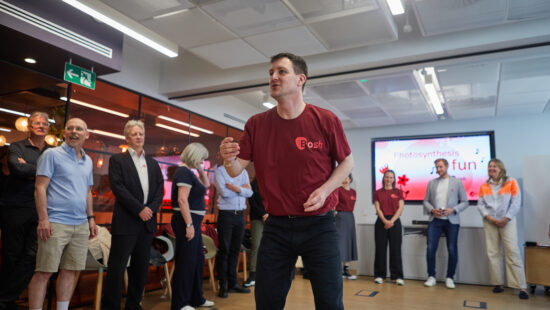Cornflakes and Creativity

Cornflakes and Creativity
By Carys Owen (Cuckoo)
“A Breakfast Club is far more than tea and toast” was Tricia Murphy’s advice during the recent Pupil Premium conference at the Education Leaders Forum. Murphy was talking about ways in which schools can optimise their Pupil Premium by ensuring that interventions, such as Breakfast Clubs, have multiple outcomes. She explained that in order to get the best value for money from interventions there has to be impact, sustained progress and more than one outcome.
A Breakfast Club can improve both attendance and punctuality; it can ensure that children are fed and watered – which helps with their nutrition and wellbeing, and it can support the development of communication skills.
This is vital as a recent survey revealed that 4 out of 5 teachers in England and Wales said that some children were arriving at school hungry without having eaten breakfast. The vast majority (81%) of teachers say hungry children are unable to concentrate which therefore significantly influences a child’s ability to reach their potential at school.
Magic Breakfast, a charity that provides breakfasts for schools with over 35% pupils eligible for FSM, found the following results from Breakfast Clubs in their schools:
- 94% had seen more positive social skills
- 93% saw improved concentration
- 88% had seen improved attainment and attendance
- 75% noticed improved relationships between the school and the parent.
- 74% saw improved behaviour.
In a survey of 727 schools, Kelloggs found that “Breakfast Clubs provide a direct and cost-effective way to help prevent child hunger, improving behaviour and boosting academic performance in the process.”
Breakfast Clubs are a fantastic opportunity for children to be creative by starting the day with activities and games that stimulate children. As well as giving children a healthy breakfast, a before-school provision is a great time for children to socialise, work together, develop their confidence, self-esteem, participation, and learn new skills.
Sue Yardley’s research into Breakfast Clubs in schools in Kensington and Chelsea, found that “the most enjoyable aspect of going to the club [for children] was the activities – both the high-energy hall games and the quiet games. Second was the food, followed by spending time with friends.” She found that the content of the Breakfast Clubs was important as it assured the continued attendance of the children.
When working with Artis on an ongoing basis, weekly provision can be extended so that your Artis Specialist comes in for a morning Breakfast Club. Your children can start the day with word and number games that warm them up physically and mentally, preparing them for lessons and helping stimulate their love of learning through creativity.
The good news is that, in addition to the doubling the primary school PE and sport premium from £160 million to £320 million per year, the Government has promised a further £10 million a year to expand Breakfast Clubs in up to 1,600 schools from September 2017.
So why not make sure that your school is achieving as many outcomes for its interventions as possible by having a Breakfast Club that improves children’s nutrition, attendance, attitude to learning and provides them with a range of creative skills that ensures a positive start to the day.

